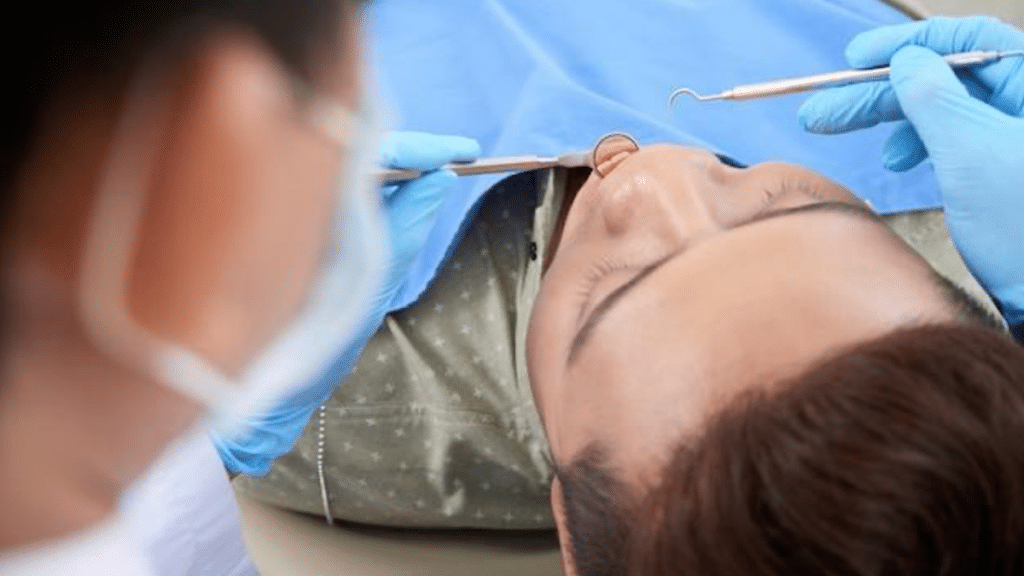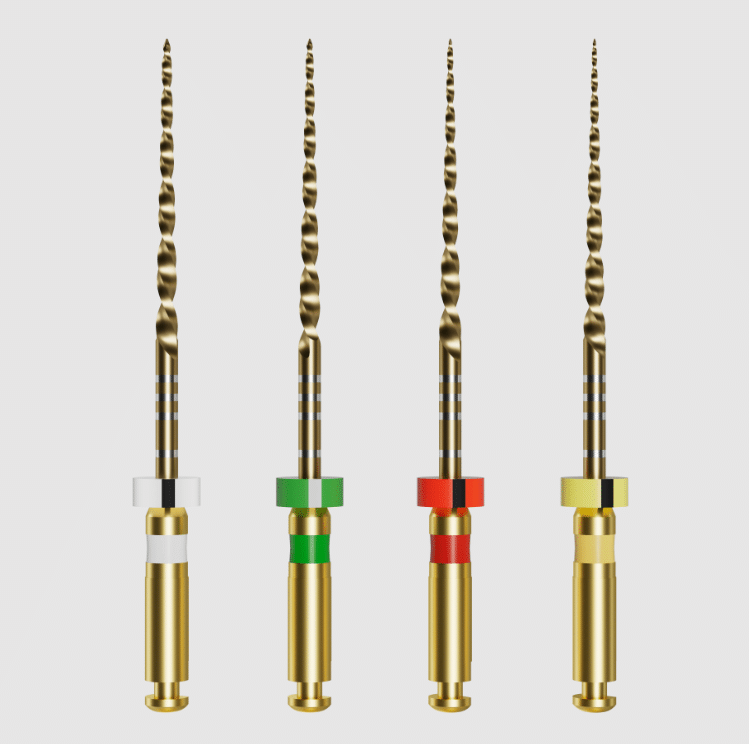Dental pulp is the soft tissue inside your tooth, housing nerves, blood vessels, and connective tissue. This vital part of the tooth provides life by supplying nutrients and blood. However, when the pulp becomes inflamed, it can cause significant pain.
Pulpitis is a general term describing the inflammation of the pulp. It may require endo root canal treatment. The most common causes of pulpitis are untreated cavities, trauma to the tooth, or repeated dental procedures performed on the same tooth.
Left unaddressed, pulpitis may lead to far worse dental issues such as infection or even the loss of the tooth. It is necessary to comprehend pulpitis with respect to its contribution to helping individuals determine when tooth pain or sensitivity is serious enough to warrant immediate dental attention.
Types of Pulpitis
There exist two types of pulpitis, namely, reversible pulpitis and irreversible pulpitis, information concerning which may help explain the severity of the condition and the kind of treatment that may be required.
1. Reversible Pulpitis:
Reversible pulpitis is a mild inflammation. In this case, the dental pulp is inflamed but healthy enough to heal on its own after the removal of the irritant factor. Some of the main causes for reversible pulpitis are slight decaying of the tooth, small cracks in the tooth, or even irritation from recent dental procedures.
Symptoms of reversible pulpitis commonly include slight pain or sensitivity of the tooth from hot and cold foods or sweet drinks. The feeling disappears once the irritation is removed and the tooth heals without damage. If the cause is left untreated, the reversible pulpitis will advance to irreversible pulpitis.
2. Irreversible pulpitis
Irreversible pulpitis is a more serious inflammation in which the dental pulp has been injured to the point that it cannot heal. The pulp tissue then starts to necrotize, giving rise to sharp pain and the risk of infection. This condition often requires aggressive treatment to save the tooth or prevent further complications.
The symptoms of irreversible pulpitis are worse than those in reversible pulpitis. Individuals may complain of continuous, throbbing pain in the tooth, barely relieved by over-the-counter pain relievers.
The tooth may be highly sensitive to temperature changes, and lying down may aggravate the pain. Swelling around the affected tooth or face might also occur. The pain at times can extend to the jaw or even the ear. If left unaddressed, irreversible pulpitis will result in an abscess, which is an infection that contains pus, possibly causing critical health issues.
Endodontic (Root Canal) Treatment of Pulpitis
Thus, when the inflammation of the pulp becomes irreversible, the best option to save the tooth and alleviate the pain is generally treated with endodontic treatment, more commonly known as root canal treatment. Root canal treatments are indicated for the removal of damaged or infected pulp from inside the tooth, cleaning the area, and sealing it to prevent further infection.
Steps of Root Canal Treatment:
- Diagnosis and Preparation: The tooth is examined and X-rays are taken by the dentist to determine the extent of the damage. The area around the affected tooth is anesthetized with local anesthesia.
- Accessing the Pulp: The dentist makes a small hole in the tooth to reach the inflamed or infected pulp.
- Pulp Removal: Specialized endodontic instruments are used to remove the infected or damaged pulp carefully. Dental Perfect offers quality endo tools which are needed in this process, hence making it effective and of high quality.
- Smoothening and Shaping: The interior of the tooth is cleaned and shaped accordingly for its filling. This is an essential procedure that removes the remaining bacteria inside the tooth, along with sealing the tooth accordingly.
- Filling of the tooth: It is done with a special material called gutta-percha to seal the tooth to avoid further infection. Restoration: After the endodontic treatment, the tooth is restored with a crown or filling to give strength and protection to the tooth.
Root canal therapy has a high success rate regarding the treatment of pulpitis and enables the tooth to be maintained, which would otherwise have been extracted. It also eliminates the excruciating pain that irreversible pulpitis is associated with, thus allowing the patient to go about routine undisturbed.
Dental Perfect’s Role in Endo Root Canal Treatment
When it comes to endodontic treatments, precision, reliability, and innovation are paramount. Dental Perfect stands as a beacon of excellence, committed to providing professional-grade endo tools that elevate dental practices worldwide. Our endodontic instruments are meticulously designed to address the specific needs of practitioners, ensuring optimal outcomes in pulpitis endo therapy.

Examples like the TF4 reciprocating system that comes with unparalleled precision in pulpitis treatments. The advanced alloy technology provides exceptional flexibility, reducing the risk of file breakage and ensuring smooth navigation through curved canals. The efficient cutting edge allows for faster, more effective removal of infected tissue, enhancing the overall success rate of endodontic treatments.
BR RAP, a professional endo device, has also been proved to be highly reliable during the endo treatment therapy. Its adaptive torque control allows for safer and more effective shaping of the root canal, reducing the chances of procedural errors and improving patient outcomes. The innovative reciprocating motion enhances debris removal, ensuring a cleaner and more thorough treatment, which is crucial for successful endodontic therapy.
For further information about Dental Perfect endo tools, you can visit their website.
